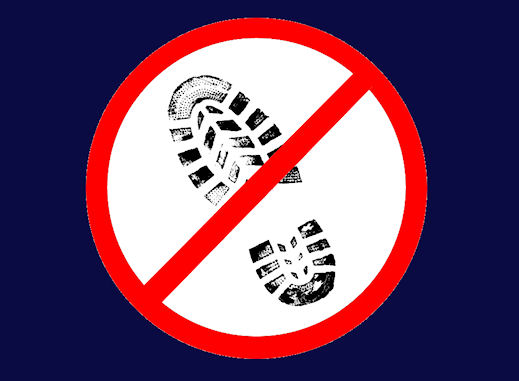

Microsoft’s decision to ship Internet Explorer 10 (IE 10) with the “Do Not Track” setting turned on by default, has provoked a strong response from the Association of National Advertisers (ANA).
In a letter to Microsoft CEO Steve Ballmer, the ANA board of directors, which is composed of representatives from companies such as Intel and AT&T, said that Microsoft’s decision could potentially eliminate the ability to collect Web viewing data for much of the American public.
“ANA’s Board of Directors is very upset that the choice being made by Microsoft is one that will ultimately threaten to reduce the vast array of free content and services available to consumers,” according to the letter. “When presented as a default “on,” by design Microsoft is no longer creating a choice of whether or not data about consumers will be tracked. Rather, Microsoft appears determined to stop the collection of Web viewing data. That is unacceptable. The result of such a large percentage of data collection being blocked seriously undermines consumers’ interests by potentially diminishing the robust content and services available over the Internet.”
“In the public statements regarding Microsoft’s action, Microsoft representatives have expressed the view that by default consumers will not be tracked, using the moniker ‘do not track’ to describe the setting,” the association said in the letter.
“Default policy choices should be set by looking to what is best for society as a whole, while giving individuals who have strong preferences the ability to make a different choice. By making this selection for consumers and presenting it in the terms that Microsoft has used, you are presenting the wrong choice to consumers and making a choice for them in a way that is fundamentally bad for consumer interests and the Internet services that they cherish, and even worse concealing this trade-off from them.”
Microsoft does not appear moved by the advertisers’ complaint, however. According to a company spokesperson, implementing the approach is about giving users more control over how they are tracked online.
“Our approach to DNT in Internet Explorer 10 is part of our commitment to privacy by design and putting people first,” a Microsoft spokesperson said in a statement. “We believe consumers should have a consistent experience and more control over how data about their online behaviour is tracked, shared and used. We also believe that targeted advertising can be beneficial to both consumers and businesses. As such, we will continue to work towards an industry-wide definition of tracking protection.”
How well do you know Internet security? Try our quiz and find out!
Originally published on eWeek.
Chinese rival BYD overtakes global revenues of Elon Musk's Tesla, as record number of Tesla…
Messaging app Signal in the headlines after a journalist was invited to a top secret…
OpenAI chief operating officer Brad Lightcap to oversee international expansion as company consolidates lead in…
Chinese researchers publish details on device that could wreak havoc on undersea communications cables in…
Former Intel chief Gelsinger expands role at Gloo, becoming executive chairman and head of technology…
MEPs add to Commission pressure for second EU Chips Act amidst industry calls for renewed…